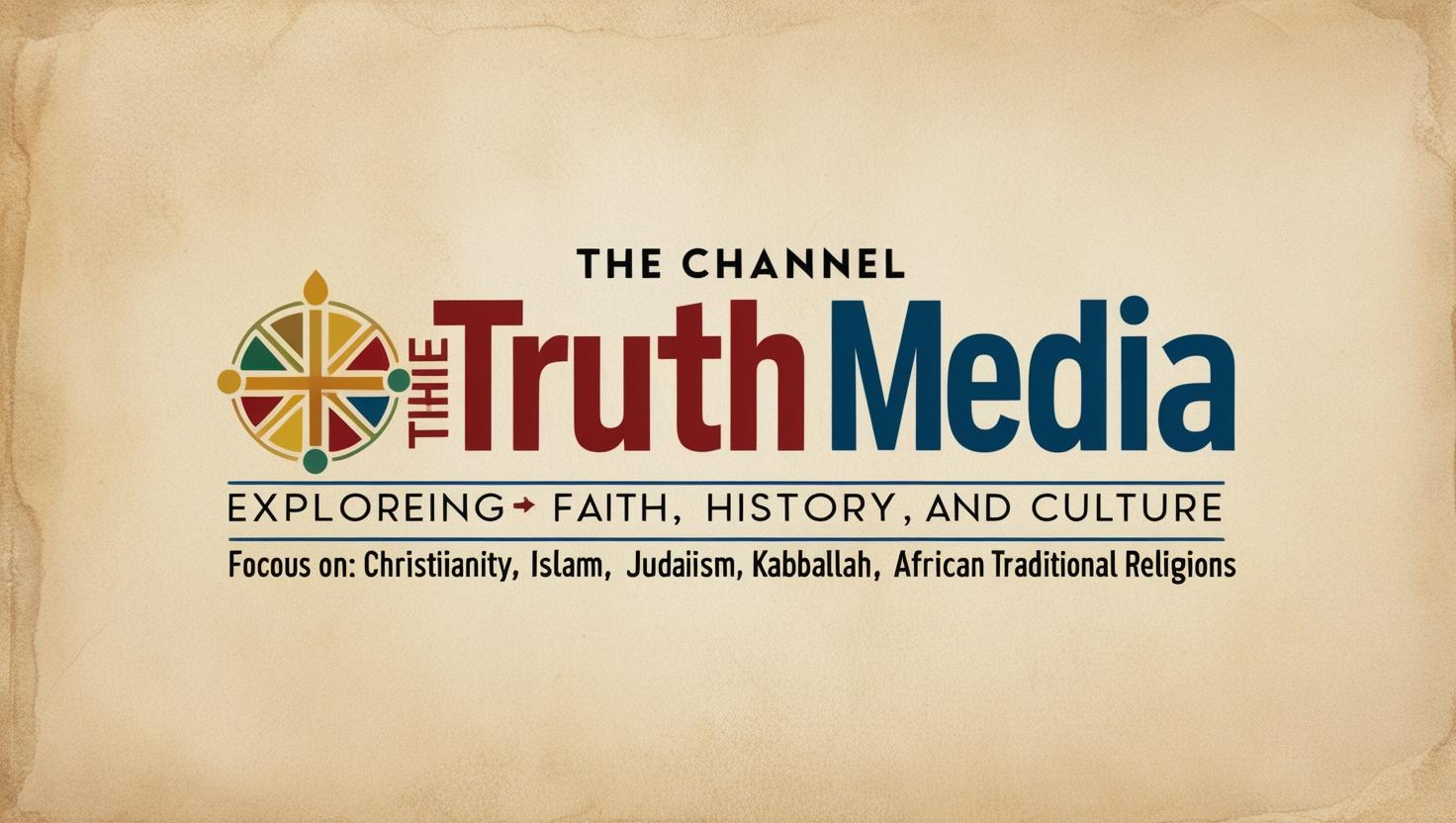The soul is a central concept in Kabbalah, offering profound insights into our spiritual essence and purpose. According to Kabbalistic thought, the soul is a divine spark, a bridge between the physical and the spiritual realms. By understanding the soul’s structure, journey, and potential, we can align ourselves with higher truths and fulfill our spiritual destiny.
The Three Levels of the Soul in Kabbalah
Kabbalah identifies three primary levels of the soul: nefesh, ruach, and neshamah. Each level represents a different aspect of our spiritual identity and connection to the divine.
- Nefesh: This is the soul’s connection to the physical body, governing instincts and basic life functions. It anchors us in the material world.
- Ruach: The emotional and moral aspect of the soul, ruach is associated with personal growth, relationships, and ethical choices.
- Neshamah: The highest level, neshamah connects us to divine wisdom and our higher purpose. It inspires spiritual awareness and enlightenment.
By cultivating awareness of these levels, we can balance our physical, emotional, and spiritual selves. This harmony helps us navigate life with clarity and purpose.
Reincarnation and Soul Correction in Kabbalistic Thought
Kabbalah teaches that the soul undergoes multiple lifetimes to achieve tikkun (correction) and fulfill its divine mission. Reincarnation, or gilgul, allows the soul to address unresolved lessons and rectify past actions.
Each lifetime provides opportunities for growth, transformation, and spiritual refinement. Challenges we face are not random but are tailored to help us correct specific aspects of our soul. Through acts of kindness, study, and self-discipline, we progress toward spiritual perfection.
This perspective empowers us to view difficulties as opportunities for soul correction. It encourages patience and compassion, knowing that every experience contributes to our spiritual evolution.
The Soul’s Journey Through the Sephirot
In Kabbalistic teachings, the sefirot are ten emanations through which divine energy flows into the world. They also represent stages of the soul’s journey toward divine unity.
Each sefirah reflects a specific quality, such as wisdom (Chokhmah), compassion (Chesed), or strength (Gevurah). By meditating on these qualities, we can align our soul with divine attributes and bring balance into our lives.
For example, focusing on Tiferet (harmony) helps us integrate kindness and discipline, creating a balanced approach to life’s challenges. The journey through the sefirot is a path of self-discovery and spiritual elevation, guiding us closer to the divine essence.
Kabbalistic Practices for Nurturing the Soul
Kabbalah offers various practices to nurture the soul and strengthen its connection to the divine. These practices help us align with our higher purpose and foster spiritual growth.
- Meditation: Meditating on sacred texts, Hebrew letters, or divine names enhances our awareness of the soul’s divine nature. Visualization techniques can deepen this connection.
- Prayer: Sincere prayer opens channels between the soul and the divine. It’s a way to express gratitude and seek guidance.
- Acts of Kindness: Performing mitzvot (good deeds) elevates the soul and brings divine energy into the world. It’s a tangible way to manifest spiritual principles.
- Study: Engaging with Kabbalistic texts enriches the soul with wisdom and insights, fostering a deeper understanding of our spiritual journey.
Incorporating these practices into daily life nurtures the soul, bringing inner peace and spiritual fulfillment.
Kabbalah’s perspective on the soul offers a profound roadmap for understanding our spiritual essence and purpose. By exploring the soul’s levels, embracing the concept of reincarnation, journeying through the sefirot, and nurturing our spiritual connection, we can align with divine energy and live more meaningful lives. Let these teachings inspire you to embrace your soul’s journey with courage and grace.

